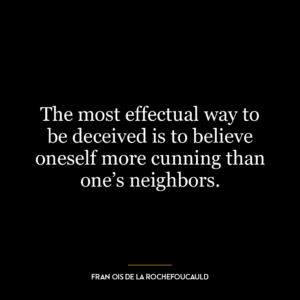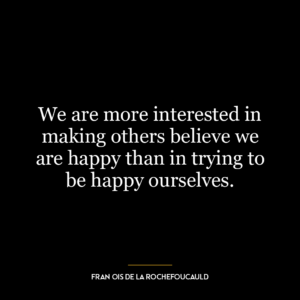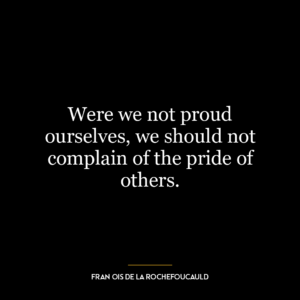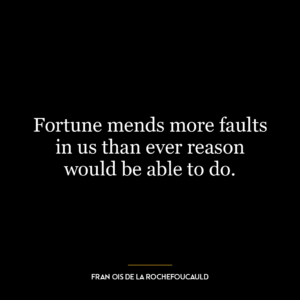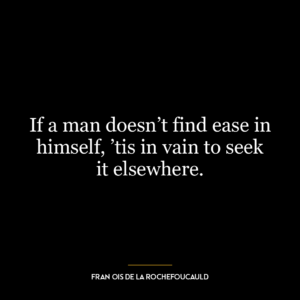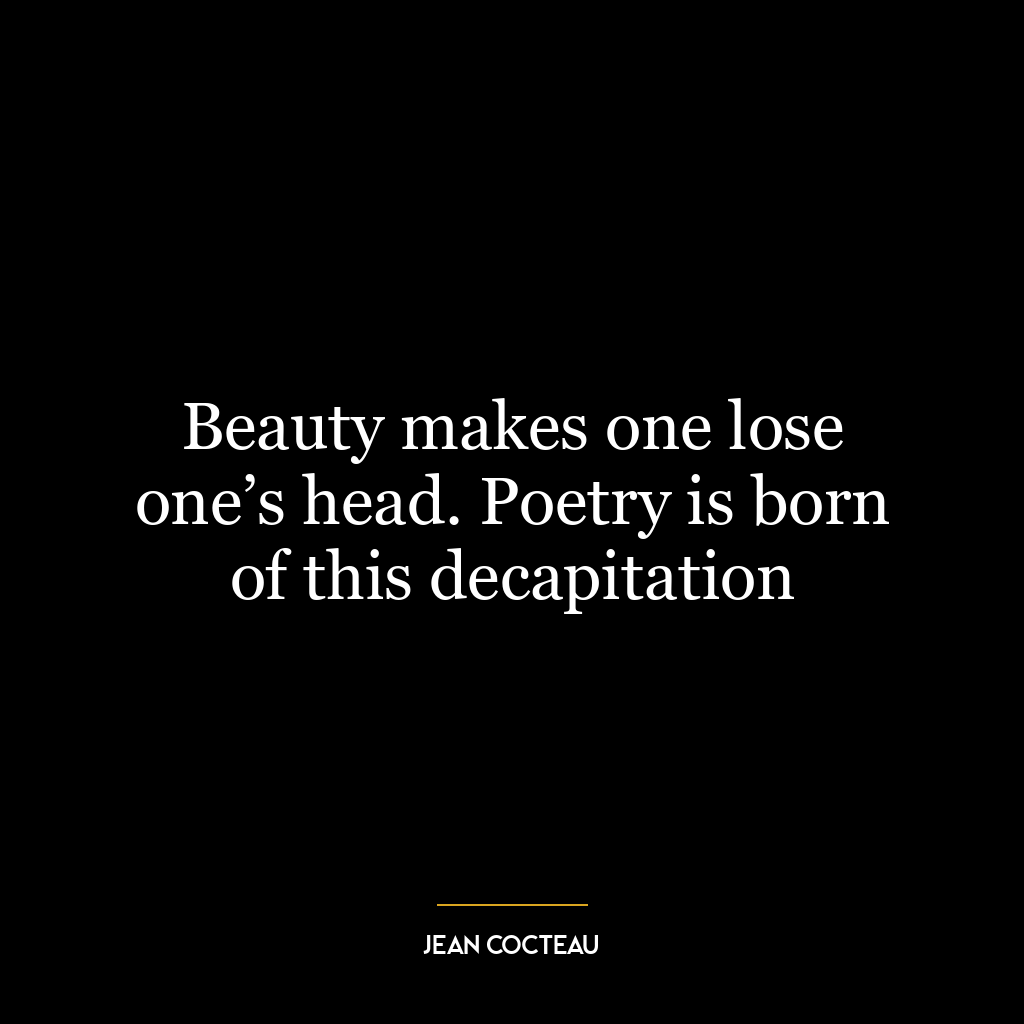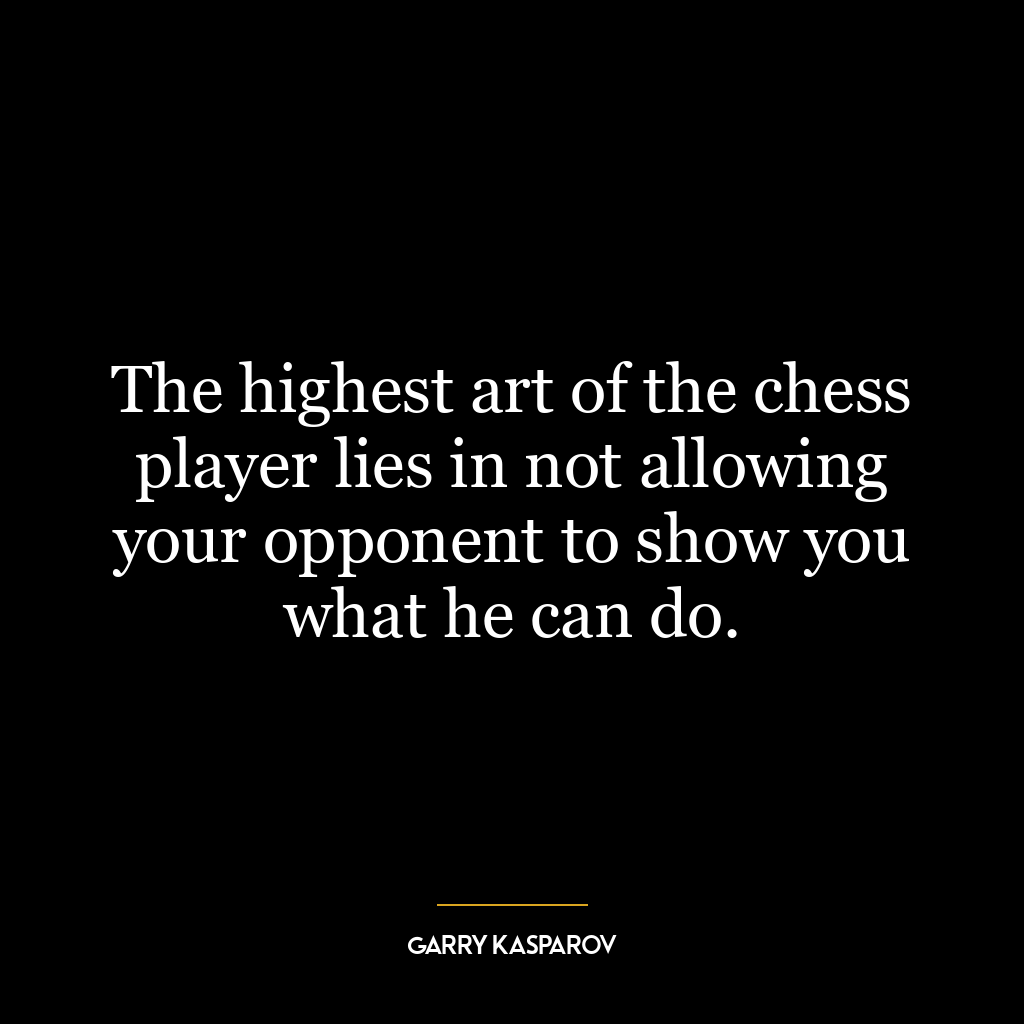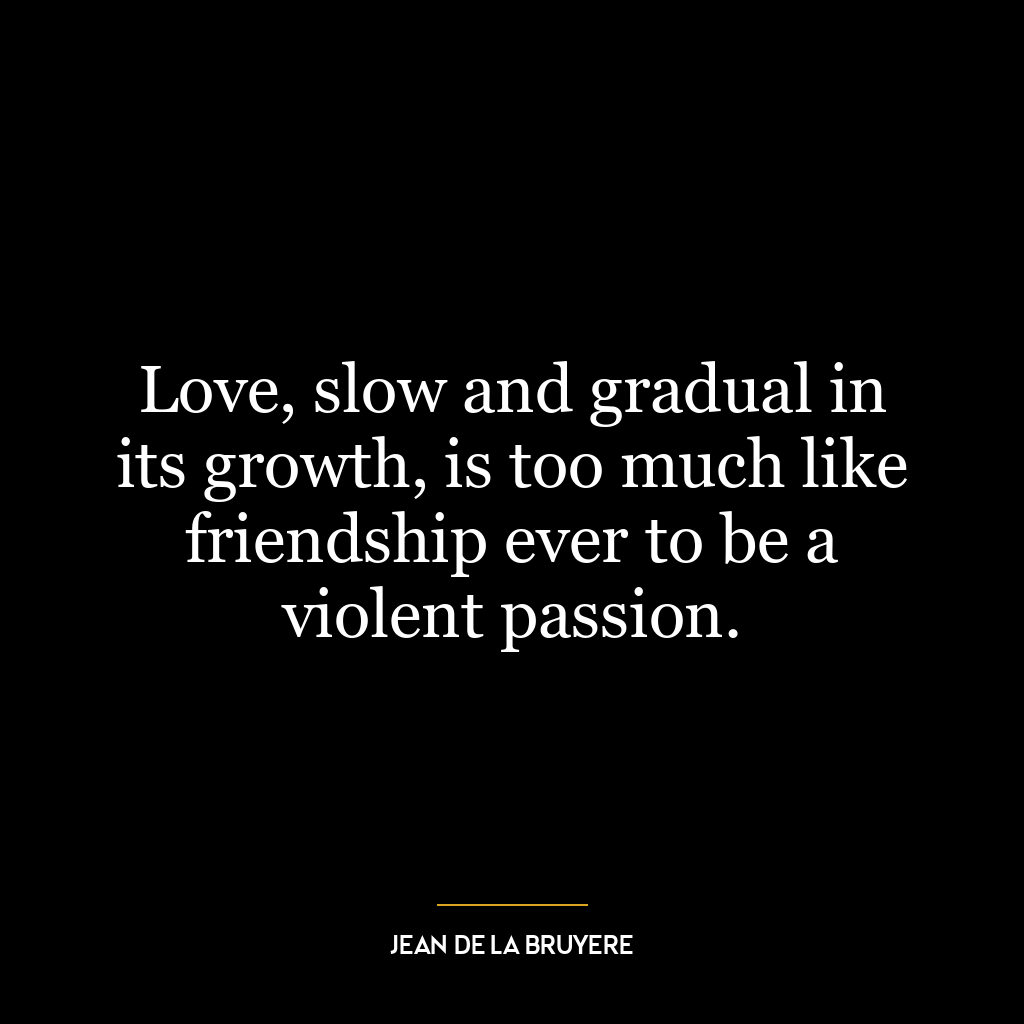This quote is a profound exploration of the human condition, suggesting that our emotions, like our lifespan, are not entirely within our control. The passions referred to in the quote are our emotions, desires, and obsessions. The quote suggests that just as we cannot control how long we live, we also cannot fully control the duration of our emotions.
In essence, the quote is a reflection on the unpredictability and uncontrollability of our inner emotional world. Just as we cannot add or subtract years from our lives through sheer force of will, we cannot simply decide to feel a certain way for a specific amount of time. Our emotions have their own lifespan, their own ebb and flow that is independent of our conscious control.
In today’s world, this quote could be interpreted as a critique of the common belief that we can, and should, be able to control our emotions at all times. It suggests that we should instead acknowledge and respect our emotions as powerful, spontaneous, and not entirely controllable forces within us.
In terms of personal development, this quote could be seen as an encouragement to practice emotional acceptance. Instead of trying to suppress or control our emotions, we should allow them to run their natural course and pay attention to what they might be trying to tell us. This approach to emotions is central to many contemporary forms of psychotherapy, such as Acceptance and Commitment Therapy, which emphasize the importance of emotional acceptance as a key component of mental health and well-being.
Moreover, the quote could also be seen as a reminder of the importance of emotional resilience. Just as we cannot control the duration of our lives, we cannot control the duration of our passions. Therefore, we need to develop the capacity to navigate the inevitable ups and downs of our emotional lives, to ride the waves of our passions without being overwhelmed by them.




